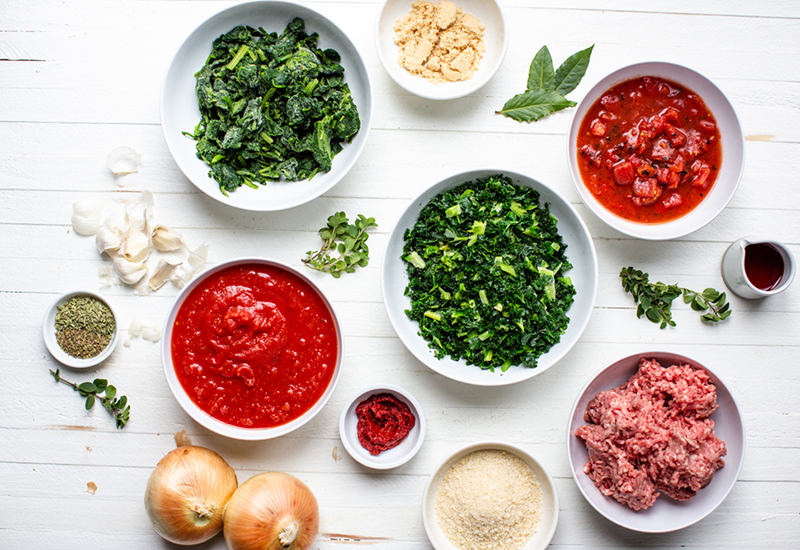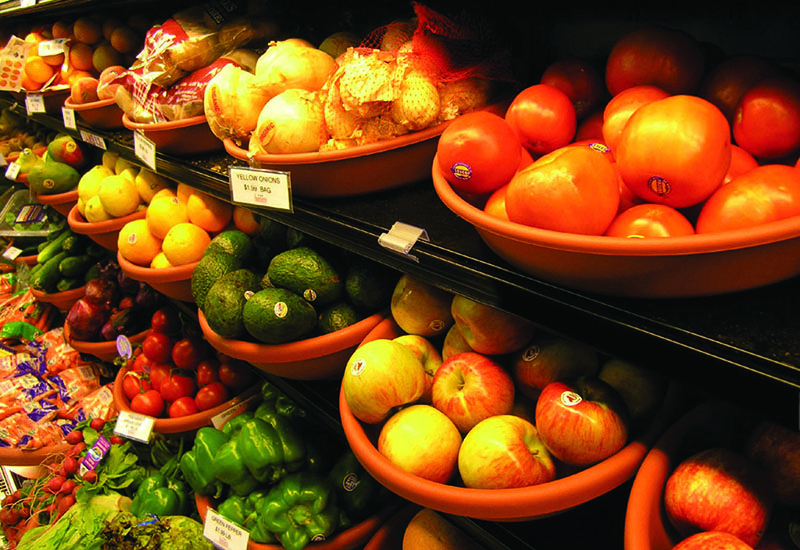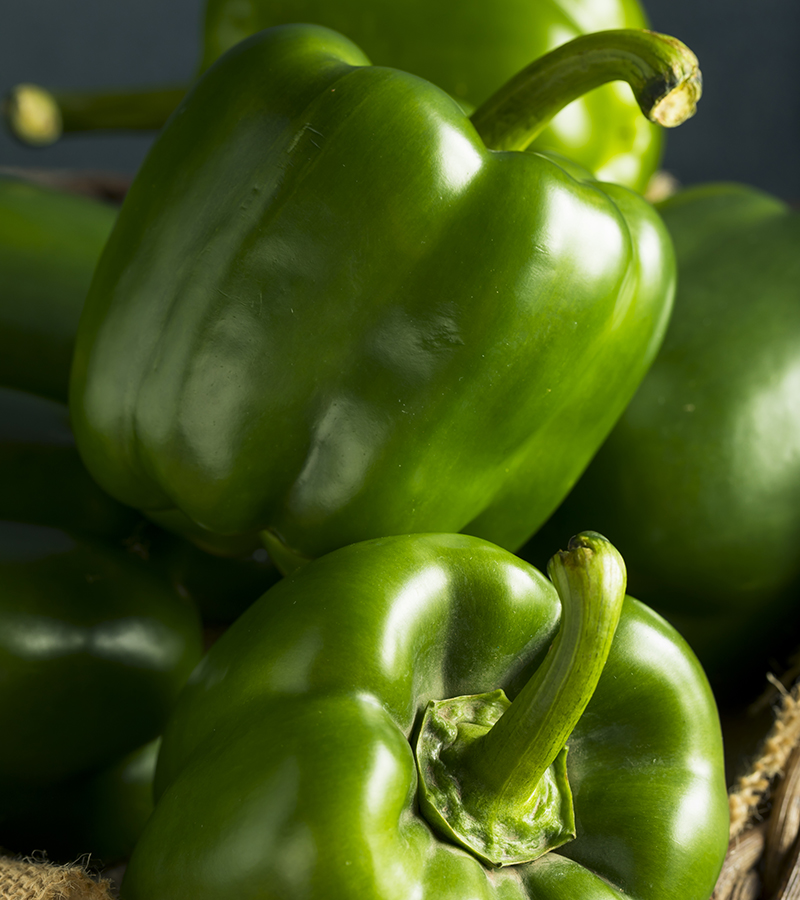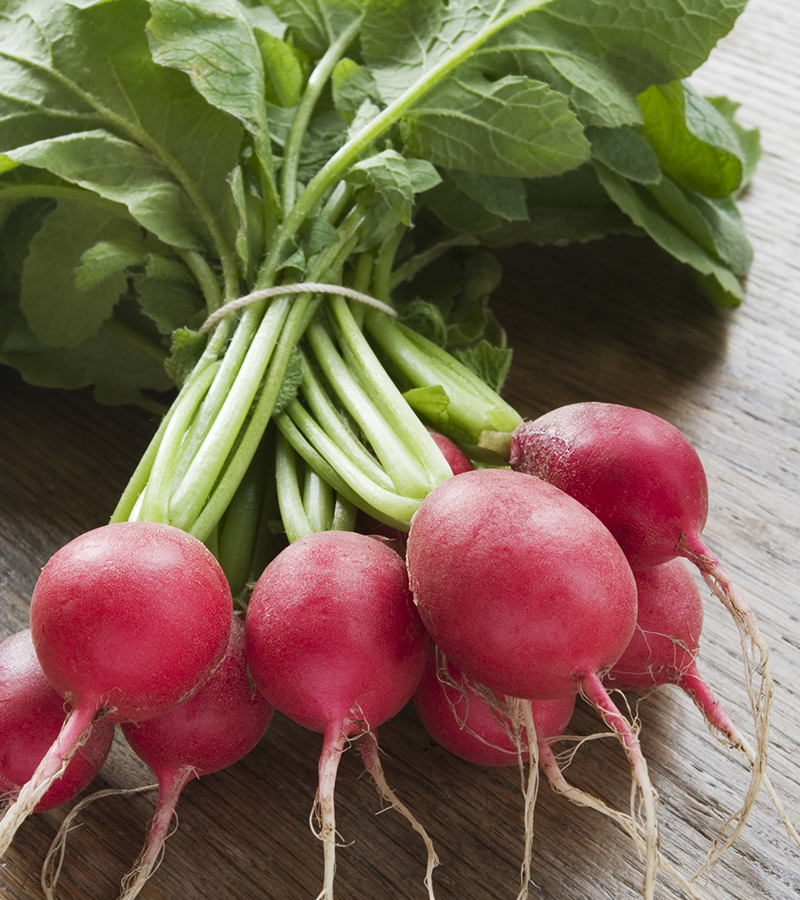The Upside of Eating Organic

This post was provided by Sally Roeckell of Table and Dish and was originally published at 365Barrington.com
According to the Mayo Clinic, there is a growing body of evidence that shows some potential health benefits of organic foods when compared with conventionally grown foods.
The only drawback to organic food documented by the Mayo Clinic is the higher price. Organic foods typically cost more than their conventional counterparts. Higher prices are due, in part, to more expensive farming practices.
As a mother of four the additional cost seems justified when stacked against the better farming practices making food more beneficial for my family. If you’re looking for an organic recipe to feed your family, my husband and kids devour this Meatball Mozzarella Pan Bake packed full of organic ingredients.
Potential Benefits of Organic Food Include the Following:
Nutrients
Studies have shown small to moderate increases in some nutrients in organic produce. The best evidence of a significant increase is in certain types of flavonoids, which have antioxidant properties.
Omega-3 Fatty Acids
The feeding requirements for organic livestock farming, such as the primary use of grass and alfalfa for cattle, result in generally higher levels of omega-3 fatty acids, a kind of fat that is more heart healthy than other fats. Higher levels of omega-3 fatty acids are found in organic meats, dairy and eggs.
Pesticide Residue
Compared with conventionally grown produce, organically grown produce has lower detectable levels of pesticide residue. Organic produce may have residue because of pesticides approved for organic farming or because of airborne pesticides from conventional farms.
The Environmental Working Group (EWG) released a list of 15 foods with the lowest levels of pesticide residues detected in federal testing.
The Full List of the EWG’s “Clean Fifteen”:
- Avocados
- Sweet corn
- Pineapples
- Cabbages
- Onions
- Sweet peas (frozen)
- Papayas
- Asparagus
- Mangoes
- Eggplants
- Honeydew melons
- Kiwis
- Cantaloupes
- Cauliflower
- Broccoli
I hope this is helpful next time you’re picking your produce. Enjoy!





